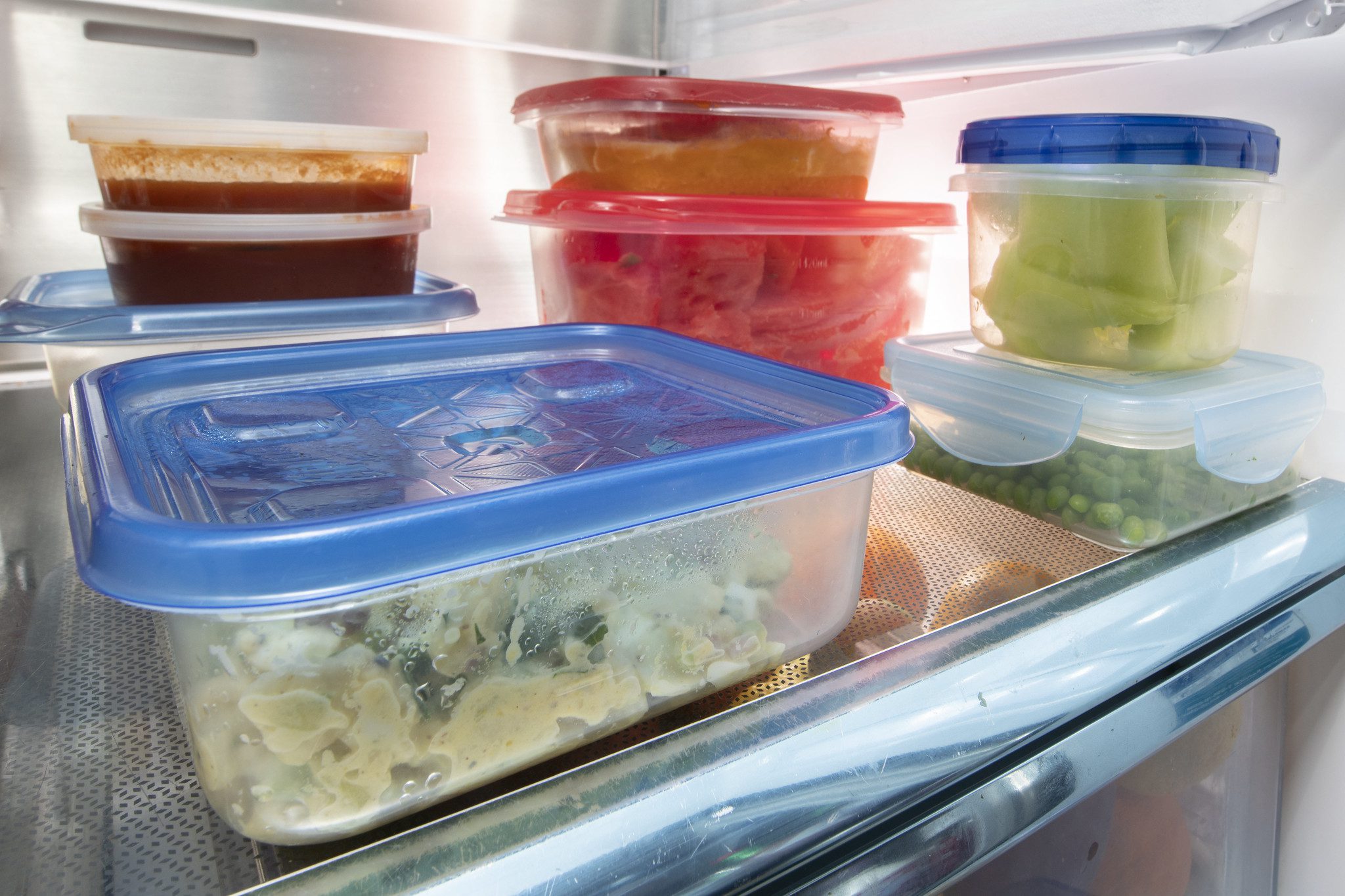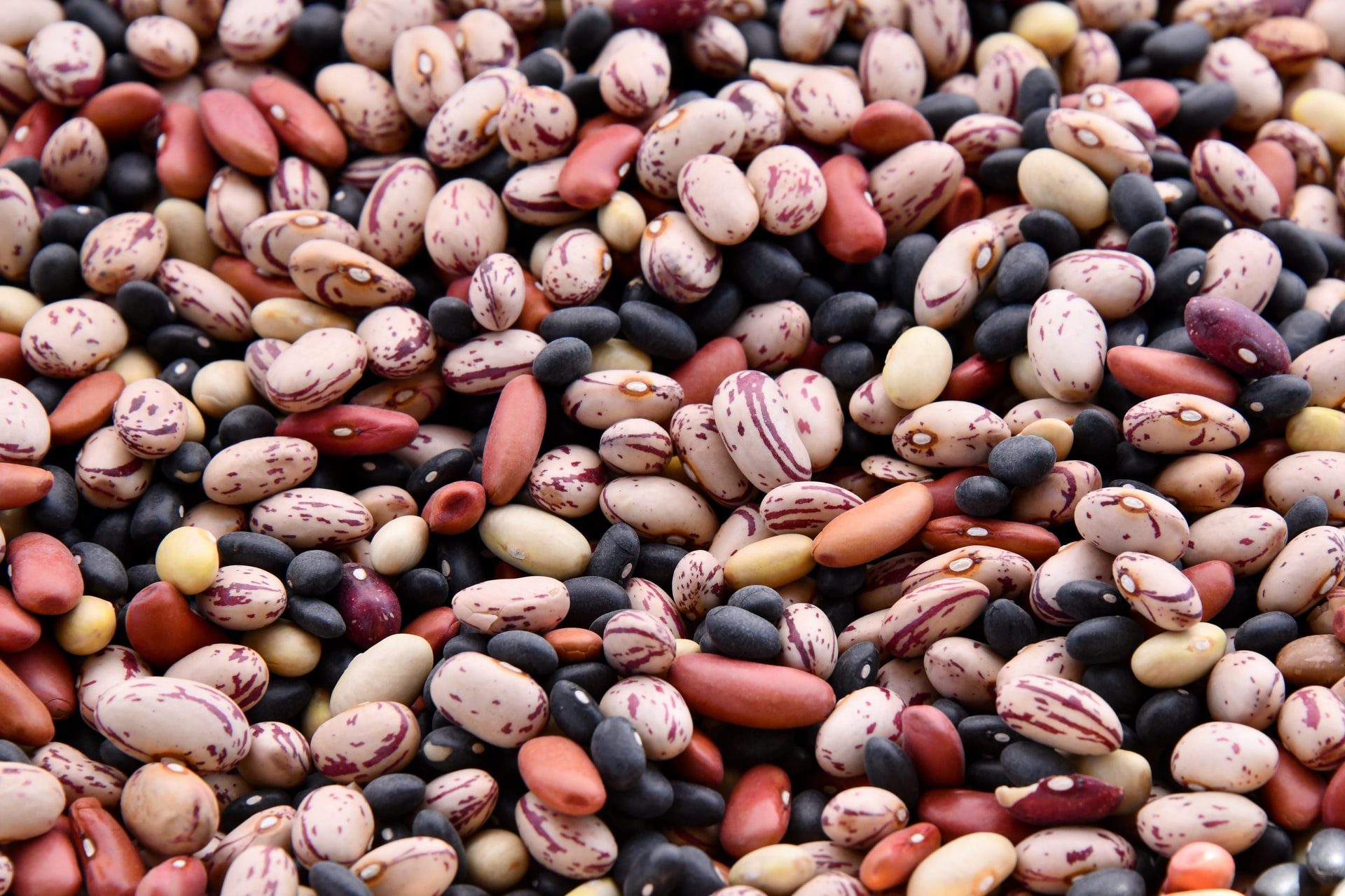PLANT-BASED PROTEINS AND REDUCING FOOD WASTE
PLANT-BASED PROTEINS AND REDUCING FOOD WASTE: TWO INGREDIENTS FOR A HEALTHIER TOMORROW
Written by Dietetic Interns Amie Lipsey and Kayla Evans. Amie and Kayla are completing their Dietetic Internship program through the University of Alberta and working with public health Dietitians at Alberta Health Services.
March 2022 is Nutrition Month, hosted by Dietitians of Canada. This year’s theme is ‘Ingredients for a Healthier Tomorrow’. Two ways you can take action on the theme are to: eat more plant-based proteins and reduce your food waste.
PLANT-BASED PROTEINS
WHAT ARE PLANT-BASED PROTEINS?
Plant-based proteins include foods such as soy products, legumes, grains, nuts and seeds.
WHY SHOULD I EAT MORE PLANT-BASED PROTEINS?
Plant-based protein can provide more fibre and less saturated fat than other types of protein foods. This can be beneficial for heart health and may lower your risk for type 2 diabetes and cancer.
HOW CAN I EAT MORE PLANT-BASED PROTEINS?
Here are some easy ways to eat more protein foods that come from plants:
- Make pasta sauce with lentils instead of ground beef
- Try adding beans to a salad
- Dip vegetables, such as cucumbers or carrots, or whole grain crackers in hummus
- Make your own trail mix by combining a handful of nuts and seeds with dried fruit
Plan a few meatless meals each week to include plant-based proteins in your mealtime routine. Some examples include:
- Beans in a chili
- Lentils or beans in a taco bowl
- Vegetarian burgers made with lentils or beans
- Tofu in a vegetable stir-fry
- Chickpeas in a stew or curry
For more recipe ideas visit the links below:
REDUCING FOOD WASTE

How do I reduce food waste at mealtime? How do I safely use up leftovers? These are questions we often ask ourselves! Many of us have leftovers sitting in the fridge or ingredients in the freezer or pantry that need to be used up. Reducing food waste can help you make the most of the foods you have and may also help reduce the production of greenhouse gasses if unused food ends up in the landfill.
What are 3 ways to reduce my food waste at home?
Plan, prepare and safely store food to reduce food waste in your kitchen! Here are some tips to reduce food waste in your home:
PLAN
Planning your meals and snacks may help you get healthy meals on the table faster and with less stress for you and your family. Planning meals also helps reduce food waste because you are only buying what you need and will use. There’s no right or wrong way to plan meals. Do what works best for you and your family! Here are some ideas to make planning what you eat part of your regular routine:
- Set aside some time each week to make your plan.
- In your menu, plan to use up leftovers from 1 meal in another meal or snack.
- Use your menu plan to make a grocery list. A list makes it easier to buy only what you need and can help you reduce food waste.
- Save your favourite recipes and meal ideas. You can reuse the recipes and meal ideas that you liked.
PEREPARE
Try these tips to help you get the most from your food:
- Freeze ripe fruit and use in baking or add to smoothies.
- Add leftover vegetables into tomato or pasta sauce.
- Grate raw carrots or zucchini into muffins.
- Save carrot peels, potato skins and celery tops to make a homemade soup stock.
- Grate cheese and freeze to use for a casserole, pasta or pizza.
- Slice leftover poultry or meat, and use in a sandwich, wrap, pizza or pita.
STORE
At home, arrange and store food safely.
- Organize your fridge, freezer and cupboards so you know what you have when menu planning.
- After shopping, place newer items at the back of the shelf and move older items to the front, so they can be used first.
- When storing leftovers in the fridge or freezer, label and date the containers. Leftovers stored in the fridge can be safely eaten within 3 days after cooking. Leftovers can be frozen for up to 3 months.
Living a more sustainable life can start with a few small changes! For more ideas check out this resource: Healthy Eating and the Environment
For more information, contact publichealth.nutrition@ahs.ca



